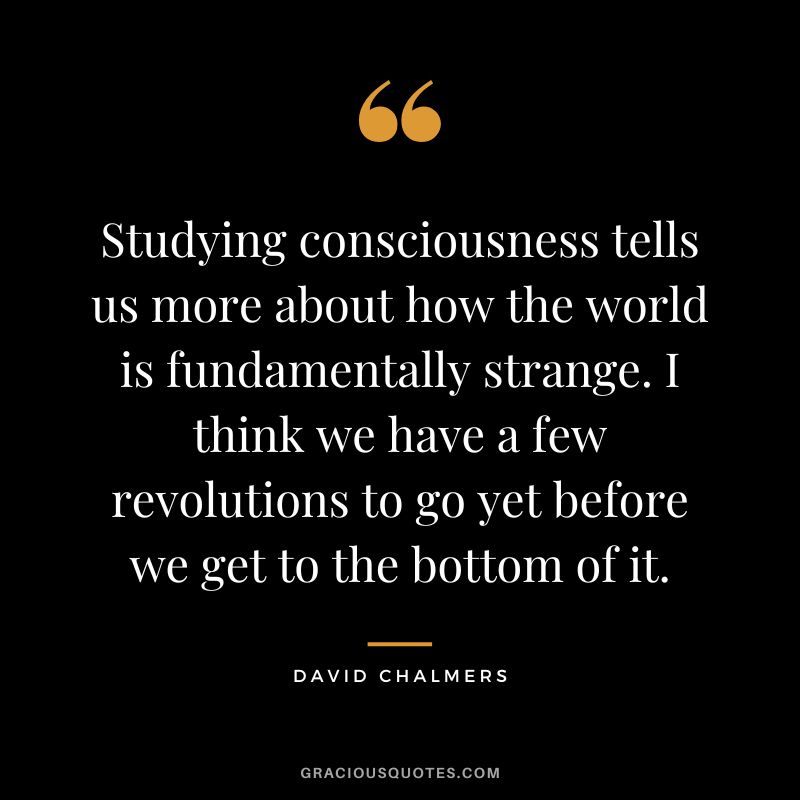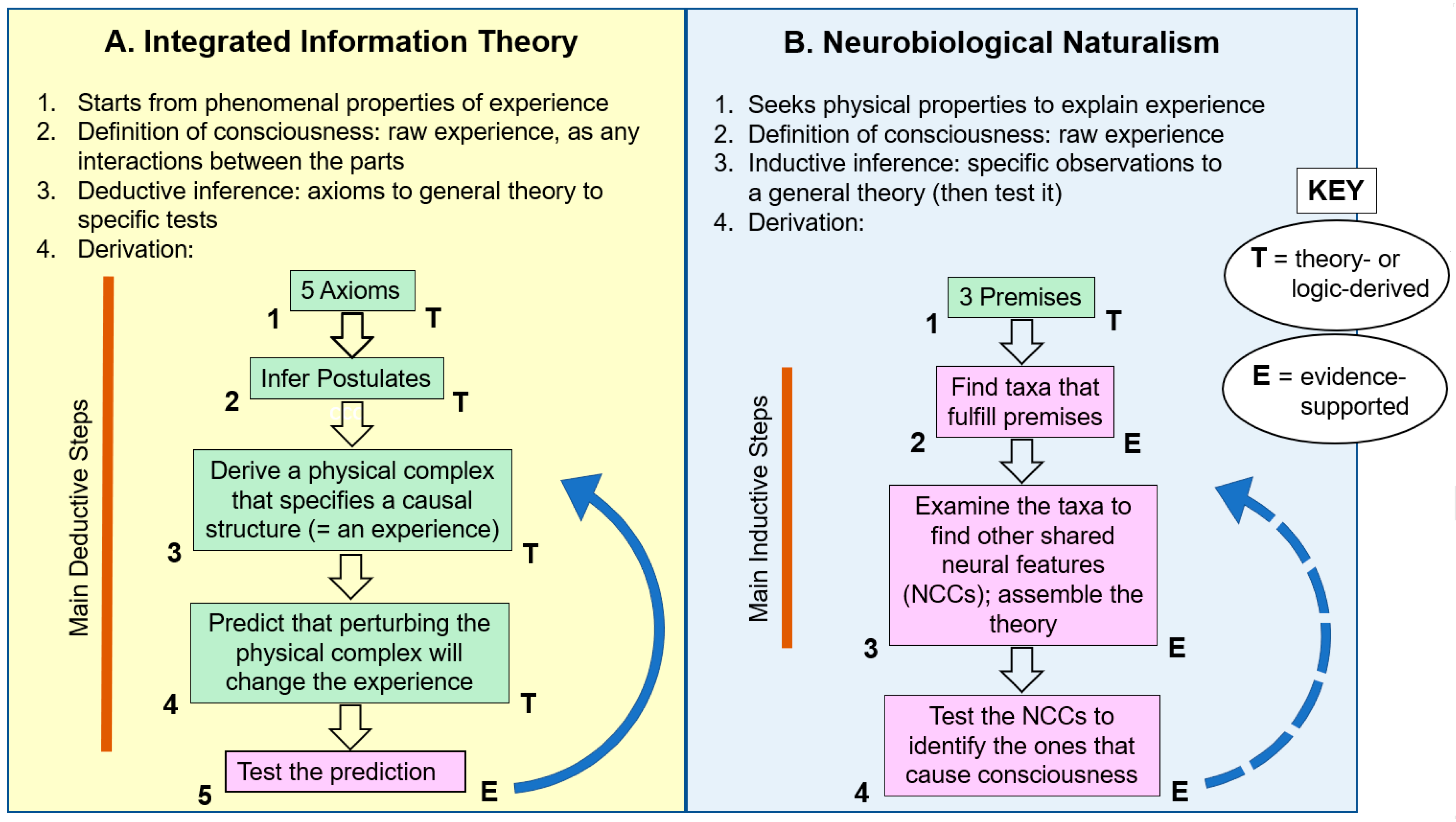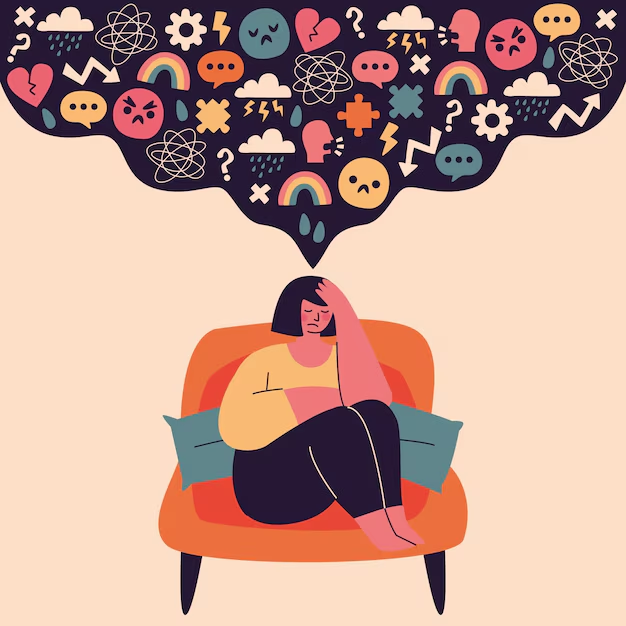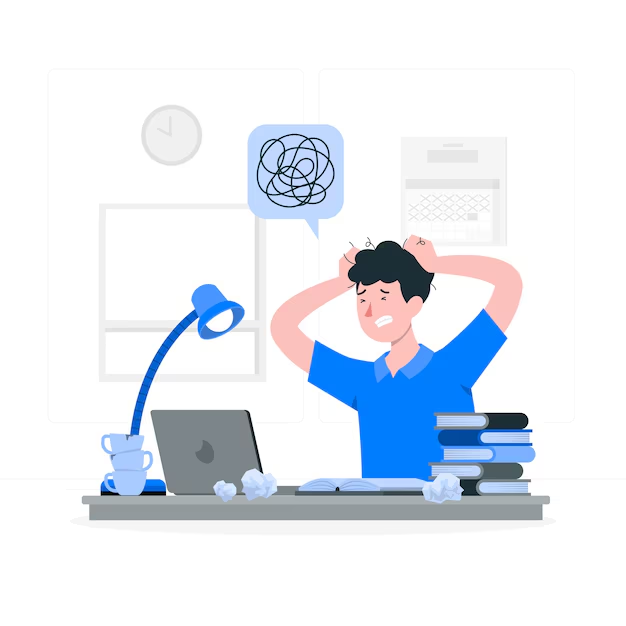Introduction
You wake up, smell coffee, hear birds chirping—and BAM—you’re aware. You’re you. But why does this biological machine we call a brain create conscious experience? Why isn’t it all just input-output without the inner movie? This is what philosopher David Chalmers famously called the “hard problem of consciousness” (Chalmers, 1995).
Read More- Ways to Develop Mental Health
What is Consciousness?
Consciousness is the state of being aware of and able to think about one’s own existence, thoughts, and surroundings. It is the inner experience of being “alive”—the feeling that you are you, distinct from everything else, and that you can process emotions, thoughts, and sensory input. Consciousness enables us to interpret the world, make decisions, and engage meaningfully with life (Chalmers, 1995).
Despite its central role in human experience, consciousness remains a deeply puzzling phenomenon. Scientists and philosophers continue to explore not only how consciousness arises from brain activity, but why it feels like something to be conscious in the first place (Dennett, 1991; Tononi, 2004).

The Easy vs. The Hard
Yup, there are “easy problems” of consciousness. These deal with how the brain processes information: how we recognize faces, navigate space, or process language. They’re called “easy” not because they’re simple, but because we know what kind of science to use to answer them. Neuroscience, psychology, computer models—we’ve got tools.

But the “hard problem”? It asks why and how all that neural processing leads to subjective experience. How does gray matter produce the feeling of sadness, the warmth of love, or the spark of inspiration? Why does it feel like something to be you?
Qualia
This is where the term qualia comes in. These are the individual, ineffable experiences that make up your consciousness: the redness of red, the bitterness of coffee, the thrill of a rollercoaster. You could scan a brain and find all the neural pathways involved, but you still wouldn’t have access to the person’s internal experience.
Imagine a neuroscientist named Mary who knows everything about color but has lived her entire life in a black-and-white room. When she finally sees red for the first time, does she learn something new? Frank Jackson (1982) argued yes—and that proves subjective experience is something extra.
The Theories That Try to Solve It
Some of theories that try to solve this problem include-
1. Integrated Information Theory (IIT)
Giulio Tononi’s Integrated Information Theory proposes that consciousness arises from how much information a system can integrate. According to IIT, it’s not just about having information, but how unified and irreducible that information is within a system. This leads to the idea of Φ (phi), a value representing the degree of consciousness. Higher phi? More conscious.

This theory has been applied in clinical settings to assess consciousness in coma patients. However, critics argue it’s difficult to measure phi objectively and apply it beyond simplistic systems (Tononi, 2004).
2. Panpsychism: The Universe Might Be Conscious
If consciousness can’t be explained by physical processes, maybe it’s fundamental to reality—like mass or time. That’s the radical view of panpsychism. Philosopher Philip Goff suggests that even atoms may possess some rudimentary form of experience (Goff, 2019).
This view removes the need for emergence (the idea that consciousness magically appears when matter gets complex enough). Instead, complexity just organizes what’s already there. Critics call it speculative, but it has a certain cosmic charm.
3. Orch-OR: Quantum Brain Vibes
Another theory, from Roger Penrose and anesthesiologist Stuart Hameroff, is Orchestrated Objective Reduction or Orch-OR. They claim consciousness arises from quantum processes in the brain’s microtubules. These quantum effects supposedly collapse into definite states, giving rise to moments of awareness (Penrose & Hameroff, 1996).

It’s bold, bridging physics and neuroscience, but quantum consciousness remains hotly contested. Many physicists doubt quantum coherence can survive in warm, wet brains.
Philosophical Pushback
Some thinkers say the hard problem isn’t really a problem at all. Daniel Dennett argues that our idea of subjective experience is a cognitive illusion—a mental narrative our brains tell us (Dennett, 1991). If we study the brain enough, he says, we’ll find consciousness is just a bag of tricks with no need for a magical “inner light.”
Others, like Patricia Churchland, believe we simply don’t yet have the scientific tools to solve it, and future neuroscience will explain qualia just fine. This pragmatic view keeps the hard problem on ice until science catches up.
Can Machines Be Conscious?
AI now writes poems and diagnoses diseases. But is it conscious? IIT suggests some systems might be. Panpsychism might say yes, if there’s enough information integration. But most current AIs, like GPT-4, lack the kind of unified, self-aware architecture that would suggest real qualia.
Still, the rise of AI keeps pushing the question: Is consciousness unique to humans, or is it a feature of the universe waiting to be replicated?
Still in the Dark, But Thinking Hard
We still don’t know why there’s an inner world attached to our outer brain. The hard problem of consciousness isn’t just a brain puzzle; it’s a challenge to everything we think we know about reality. Solving it might require a paradigm shift as radical as quantum physics or relativity.
Until then, enjoy the show in your head—it might be the biggest mystery you live through every day.
References
Chalmers, D. J. (1995). Facing up to the problem of consciousness. Journal of Consciousness Studies, 2(3), 200–219.
Dennett, D. C. (1991). Consciousness explained. Boston: Little, Brown. Goff, P. (2019). Galileo’s error: Foundations for a new science of consciousness. Pantheon. Jackson, F. (1982). Epiphenomenal qualia. The Philosophical Quarterly, 32(127), 127–136.
Penrose, R., & Hameroff, S. R. (1996). Orchestrated reduction of quantum coherence in brain microtubules: A model for consciousness. Mathematics and Computers in Simulation, 40(3-4), 453–480.
Tononi, G. (2004). An information integration theory of consciousness. BMC Neuroscience, 5(1), 42.
Subscribe to PsychUniverse
Get the latest updates and insights.
Join 3,044 other subscribers!
Niwlikar, B. A. (2025, April 28). Mystery of Consciousness: 3 Mind-Blowing Theories That Could Unlock It. PsychUniverse. https://psychuniverse.com/mystery-of-consciousness/



